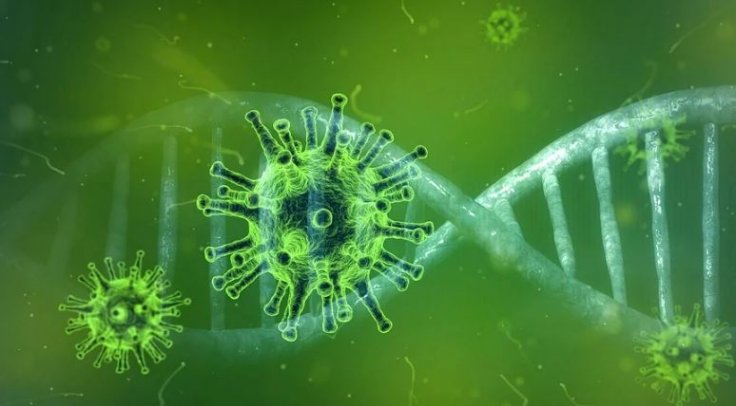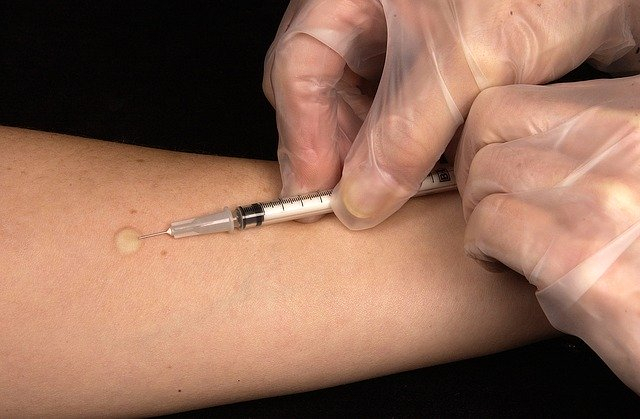As the COVID-19 pandemic progresses, the SARS-CoV-2 coronavirus that causes the disease has mutated as well. This has raised fears that several vaccines that are under development may not be effective against the mutations that the pathogen has acquired. However, a new study says that this may not be the case.
According to the study, the vaccines in development that are being modeled on the 'D-strain'—the original strain of the virus may still be able effective against the mutated 'G-strain' which is globally dominant. "We have shown that there is no experimental evidence to support this speculation," wrote the authors dispelling speculations surrounding mutations.
Potential Efficacy of Vaccines Questioned

While the 'D-strain' of the coronavirus—whose sequences were the most commonly published—is not the dominant strain across the world currently. It has evolved into the 'G-strain' that accounts for approximately 85 percent of SARS-CoV-2 genomes published now.
Fears that the changes within the spike protein—a structure that the novel coronavirus uses to invade human cells—on the surface of the 'G-strain' may affect the potency of the vaccine. It was this concern that the research team sought to lay to rest.
No Evidence of Inadequacy
For the study, the scientists examined the blood samples acquired from ferrets who were infected with virus strains that either lacked or possessed the said mutation—which is known as 'D614G'—were administered a potential vaccine candidate. No evidence of any adverse impact against the efficiency of the vaccine candidate was found.
"Despite this D614G mutation to the spike protein, we confirmed through experiments and modelling that vaccine candidates are still effective," said Prof. Seshadri Vasan, senior author of the study, in a statement.

Dr. Vasan also added that the 'G-strain' may not need frequent 'vaccine matching', which is the development of new vaccines seasonally to counter the strains of the virus in circulation. Influenza is one such example.
Raising Hopes for Vaccine Development
The findings of the study offer relief and hope for the continued development of vaccines against the disease. "This is good news for the hundreds of vaccines in development around the world, with the majority targeting the spike protein as this binds to the ACE2 receptors in our lungs and airways, which are the entry point to infect cells," said Dr. Vasan.
Dr. Larry Marshall, Chief Executive of CSIRO (Commonwealth Scientific and Industrial Research Organisation), one of the collaborating institutions, stated that such high-speed research has been possible only due to the collaboration between researchers across the world. "This brings the world one step closer to a safe and effective vaccine to protect people and save lives," he concluded.








